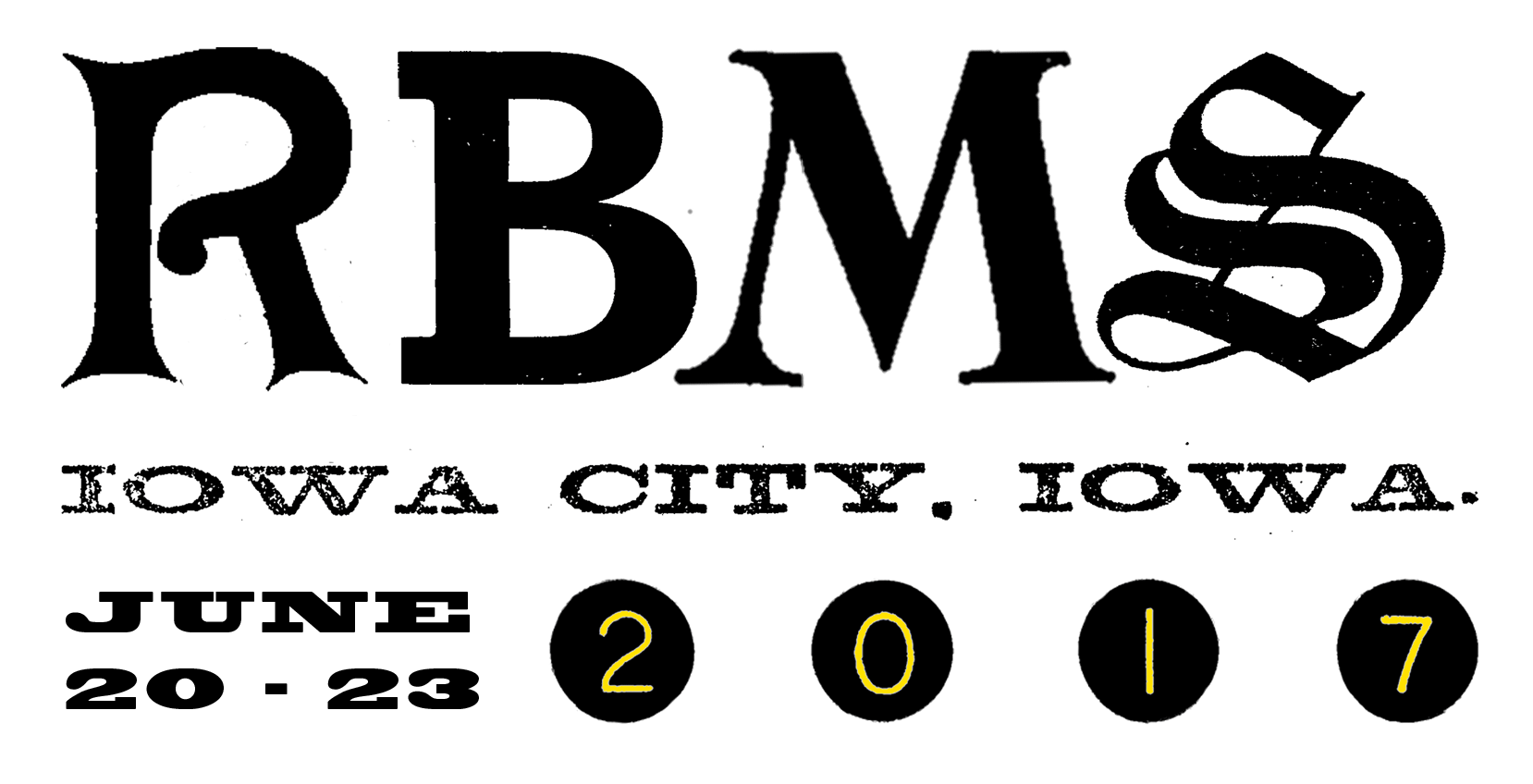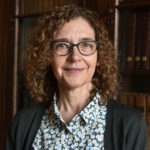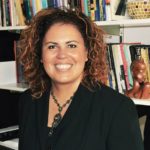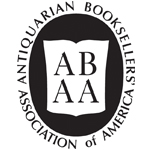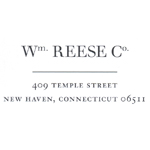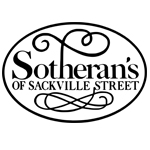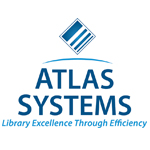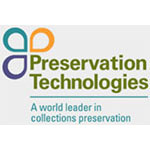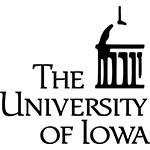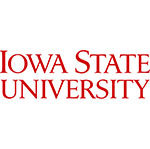The Stories We Tell focuses on storytelling as practice and metaphor in the mission and daily work of special collections. From writing traditional scholarly monographs to encoding digital humanities landscapes, from building deep and inclusive collections to designing new curricula, the ability to craft a compelling narrative is at the heart of cultural heritage work. Donors honor us with the stories of their lives and passions. In discourse about the role of the humanities in education and policy, we speak for the significance and relevance of the past in shaping the present and future. At this conference, we will share our community’s stories, while imagining future narratives for special collections in a rapidly evolving cultural and technological landscape.
We invite you to join the conversation June 20-23, 2017 in Iowa City, IA, a UNESCO City of Literature with a vibrant literary and book arts community. This easy-going and open-minded Midwestern town provides an ideal environment for an intimate and productive inquiry into the role and nature of storytelling in Special Collections.
